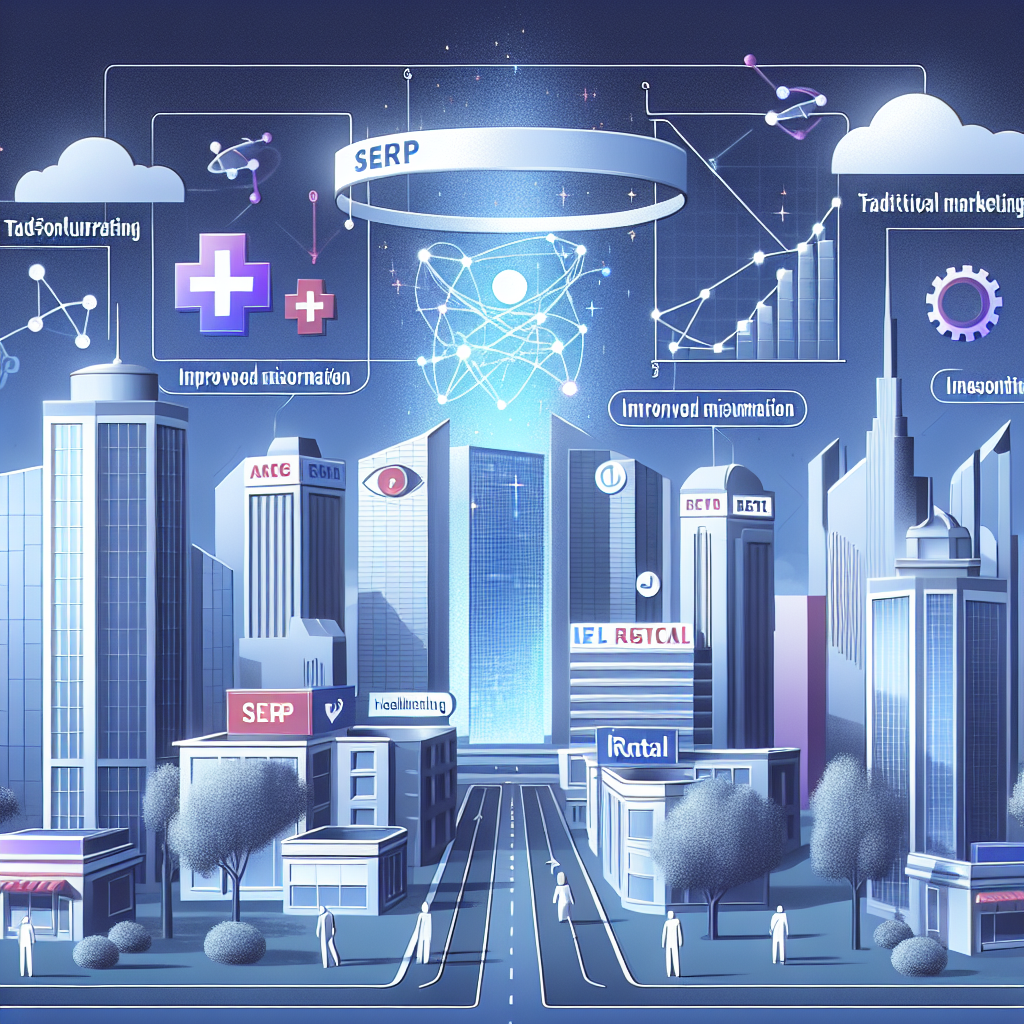Generative AI in SERPs: Revolutionizing Search and Redefining Marketing Strategies
The integration of generative AI into search engine results pages (SERPs) has transformed the landscape of search engine optimization (SEO). Generative AI, powered by advancements in machine learning and natural language processing, enables search engines to deliver richer, more contextual results. This shift challenges traditional SEO approaches, as AI-generated content and personalized recommendations directly on SERPs can impact user engagement, organic traffic, and search visibility for brands.
How Generative AI Transforms SERP Results and User Experience
Generative AI significantly enhances content contextualization, allowing search engines to deliver personalized, conversational, and relevant results that greatly influence the user journey.
Boosting Marketing Metrics: Insights from McKinsey’s Study
A 2023 study from McKinsey & Company revealed that businesses implementing AI-driven features in SERPs were able to boost performance metrics by as much as 30%, including click-through rates (CTR) and long-term growth.
The Role of Generative AI in Medical Search: Improving Outcomes
Generative AI in medical search has been shown to improve patient outcomes by streamlining access to accurate health data, underscoring the importance of ensuring that health-related content is factually accurate and algorithmically “preferred” for inclusion in AI-processed results.
Google’s Search Generative Experience (SGE): Lessons from Beta Testing
Google’s SGE features, which offer increased interactivity and user-specific suggestions, have enhanced user satisfaction, but concerns around accuracy, brand prioritization, and biased response generation persist, highlighting the need for marketers to monitor these developments closely.
Rethinking SEO Strategies: The New Definition of Search Visibility
Generative AI is rapidly redefining what visibility on SERPs means, as engagement within AI-driven summaries, featured snippets, and conversational results takes center stage, requiring SEO strategies to adapt towards facilitating AI systems’ understanding, extraction, and presentation of content.
Summary:
The integration of generative AI into search engine results pages (SERPs) has transformed the landscape of search engine optimization (SEO), challenging traditional approaches and redefining search visibility. Businesses implementing AI-driven features in SERPs have seen significant boosts in marketing metrics, while concerns around accuracy and brand prioritization persist. Adapting SEO strategies to embrace generative AI’s transformative powers while staying true to user-centric principles will be crucial for thriving in this evolving digital landscape.
References:
[Stanford University – Advancing Human-Centered AI Research](https://hai.stanford.edu)
[McKinsey & Company – AI and Growth in Marketing](https://www.mckinsey.com)
[Journal of Medical Internet Research – Generative AI in Healthcare](https://www.jmir.org)
[Google’s SGE Beta Testing Announcement](https://blog.google/products/search/)

Dominic E. is a passionate filmmaker navigating the exciting intersection of art and science. By day, he delves into the complexities of the human body as a full-time medical writer, meticulously translating intricate medical concepts into accessible and engaging narratives. By night, he explores the boundless realm of cinematic storytelling, crafting narratives that evoke emotion and challenge perspectives.
Film Student and Full-time Medical Writer for ContentVendor.com
